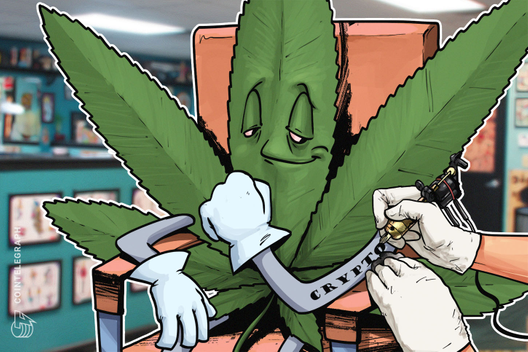Avalanche Foundation raises $230M to support DeFi ecosystem
The smart contracts platform has made substantial progress within the DeFi space since its launch last year.
1153 Total views
13 Total shares

The Avalanche Foundation has announced a significant $230M investment from a venture capital group spearheaded by Polychain and Three Arrows Capital for the purpose of supporting the growth of the DeFi ecosystem and their ever-expanding list of applications that utilize the blockchain.
Since launching in September 2020, Avalanche has cultivated a burgeoning influence on the DeFi landscape, with its smart contracts platform now providing the infrastructure for over 270 industry projects including SushiSwap, Chainlink, Circle, and The Graph, among others.
The $230M capital — raised through the private sale of its native token — will be allocated by the foundation across a multitude of use-cases within its blockchain, including “grants, token purchases, and various forms of investments and technology support.”
Emin Gün Sirer, director at the Avalanche Foundation, shared his thoughts on platform’s recent advancements and future potential:
“Avalanche has quickly turned promise and potential into real-world impact and value creation for DeFi users and developers. The community of builders rallying around the network is a testament to its competitive edge, and there is still so much potential yet to be tapped at the intersection of institutional and decentralized finance on Avalanche.”
Data from CoinMarketCap reveals that Avalanche’s native cryptocurrency token AVAX has surged 50% this week, a figure only surpassed by HBAR and CRV in the Top 100 list. This places the blockchain project at the respectable ranking of #13, with a total market capitalization of $14B.
Related: Zabu token price flatlines after $3.2M attack on Avalanche blockchain
DeFi platform Aave yesterday announced a future community-wide vote on whether the “deployment of smart contracts in Avalanche C-Chain and activation of liquidity mining program” would be beneficial to the collaboration of the two ecosystems.









